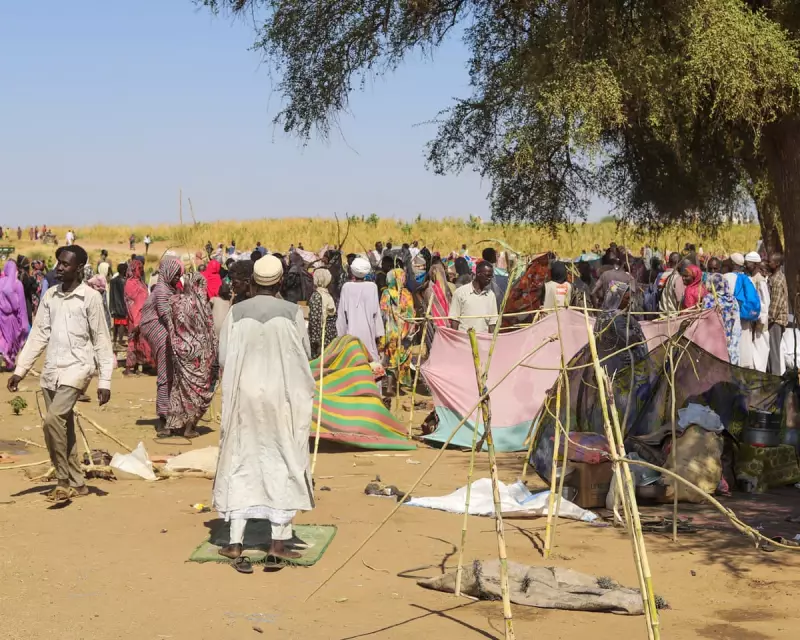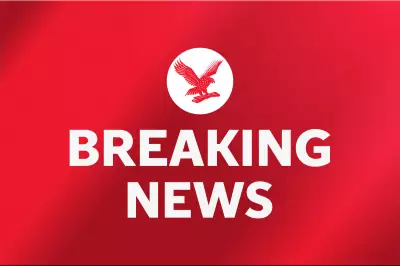
United Nations leaders have issued a devastating condemnation of what they describe as 'horrifying' systematic mass killings occurring across Sudan, as the country's internal conflict descends into unprecedented brutality against civilians.
A Crisis of Unimaginable Scale
Senior UN officials have broken their diplomatic restraint to speak openly about the shocking scale of violence being witnessed in multiple regions of Sudan. According to internal reports and eyewitness accounts, entire communities are being targeted in coordinated attacks that show clear patterns of systematic execution.
The situation has deteriorated so dramatically that UN representatives are now using language rarely heard in diplomatic circles, directly accusing warring factions of engaging in mass atrocities that may constitute war crimes under international law.
Eyewitness Accounts Paint Chilling Picture
Survivors and humanitarian workers on the ground describe scenes of unimaginable horror:
- Entire villages systematically emptied of their populations
- Mass graves discovered in multiple conflict zones
- Deliberate targeting of civilian infrastructure including hospitals and schools
- Widespread sexual violence being used as a weapon of war
International Community Under Pressure to Act
The stark warnings from UN leadership have intensified pressure on the international community to intervene more forcefully. However, diplomatic efforts have been hampered by the complex web of regional alliances and the difficulty of accessing conflict zones.
Humanitarian organizations report that their ability to deliver life-saving aid has been severely compromised by the escalating violence, leaving millions of civilians without access to food, water, or medical care.
As the death toll continues to rise and evidence of systematic atrocities mounts, the world faces a critical test of its commitment to protecting civilian lives in conflict zones. The UN's unprecedented language suggests this may represent a turning point in how the international community responds to the Sudan crisis.





